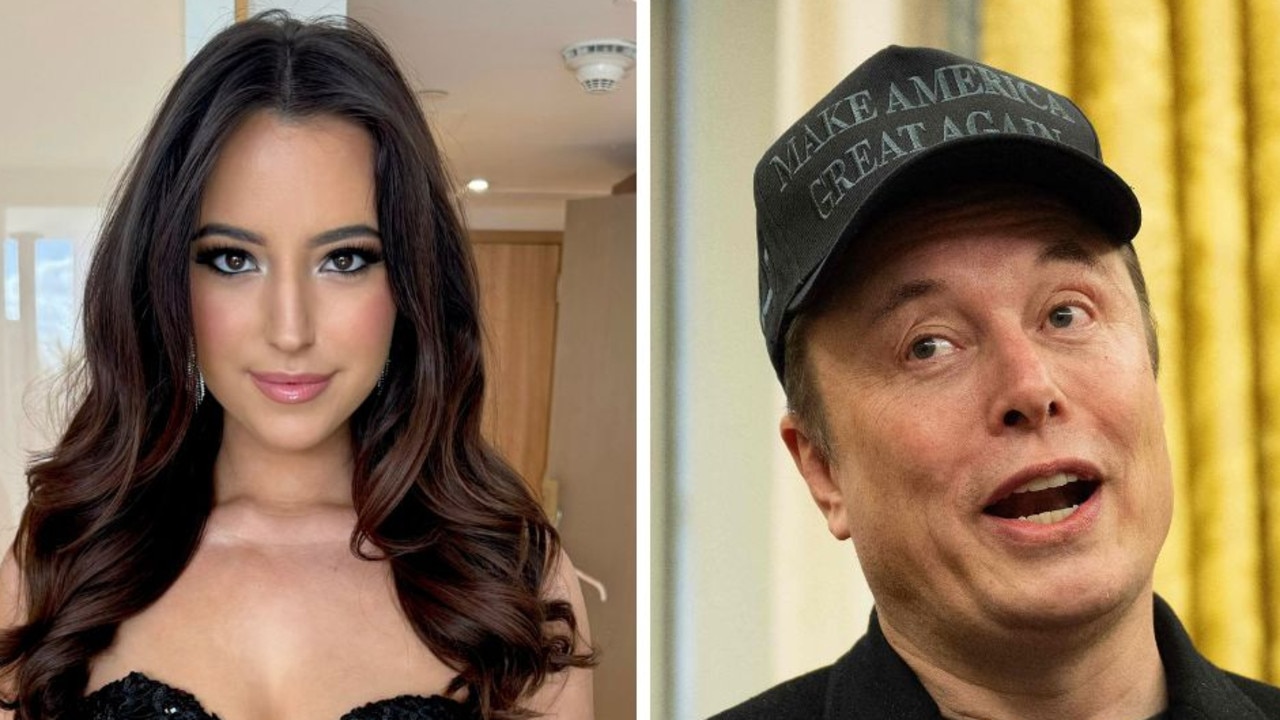‘We’re peaceful people’: North Koreans in their own words
VOICES of ordinary North Koreans are usually muted behind a wall of secrecy. But PhD student who spoke to people on the streets of Pyongyang received some surprising insights.
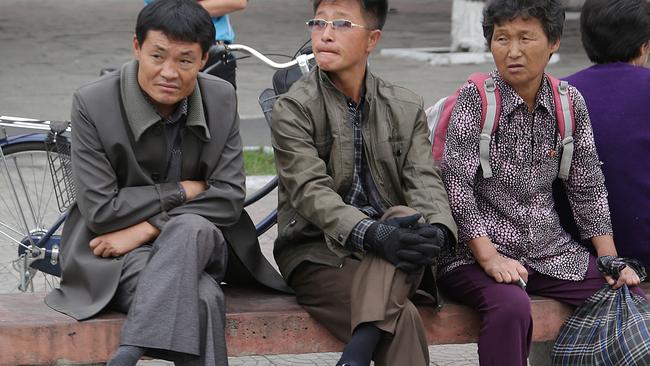
HARVARD graduate Christopher Carothers has shared his eye-opening conversations with North Koreans on the streets of their notoriously reticent country.
The PhD student, who studied Asian politics and is fluent in Korean, tried to speak to as many ordinary people as possible on his visit to the nation, which has recently relaxed its tight rules on foreign visitors.
He found them inordinately proud of their country, eager to show it off to outsiders and highly critical of the United States, dismissing South Koreans as America’s puppets and their president Park Geun-hye as Barack Obama’s “prostitute”.
In an article for the NK News, Carothers described how a man named Mr Han* told him South Korea was under the influence of US propaganda, and that “America divided Korea.”
“We are peaceful people — does this look violent to you?” said Mr Han at a public dance in a Pyongyang square, under a neon sign that read “The unity of one heart”.
A young officer in the Demilitarized Zone (DMZ) told the student: “We can’t develop because of American sanctions.”
When Carothers suggested North Korea might have isolated itself, he replied: “You say isolated. We say self-reliant. That’s our ideology. That’s how we weather economic crises caused by America.”
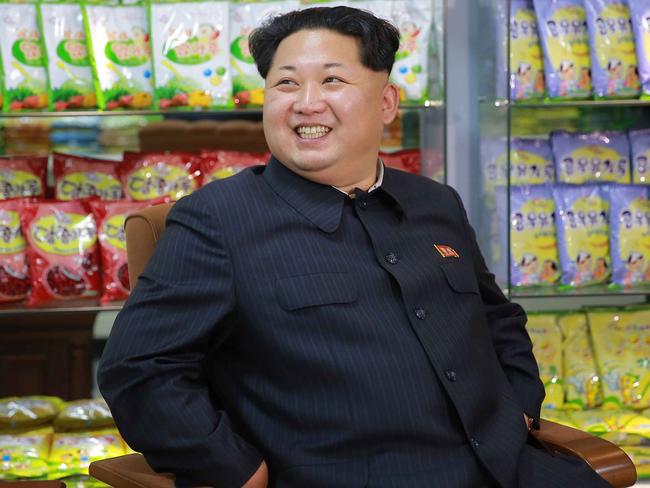
Carothers travelled to the country as part of a carefully controlled tour group, and admitted it would be easy to visit and hardly interact with any locals at all. People were often suspicious of him, but when he struck up conversations, small crowds would gather.
“For many people, I was the first white person they’d spoken to, or at least the first white American,” he told news.com.au. “Women were much more wary. It’s a very traditional society.”
Children in particular appeared completely devoted to their nation and leader, and excited to talk about their culture.
A look of dreamy happiness came over the face of 15-year-old Jong Ho when he talked about Kim Jong-un. “The Great Marshal loves soccer a lot, so I’m glad I play soccer,” he said.
The teenager gave Carothers a battered little box of gum, in which the pieces seemed to have been wrapped by hand on a hot day — the only North Korean product the American was able acquire that was not made for foreign tourists.
Questions young people asked the American student included: “Have you seen any North Korean movies? Aren’t they great?”
“Isn’t Pyongyang much better than you’d heard (from the American propaganda)?”
“Our hometown has 14 universities. Does your hometown have as many?”
When Carothers suggested some American movies were also worth watching, “they gave me a blank face of confusion.”
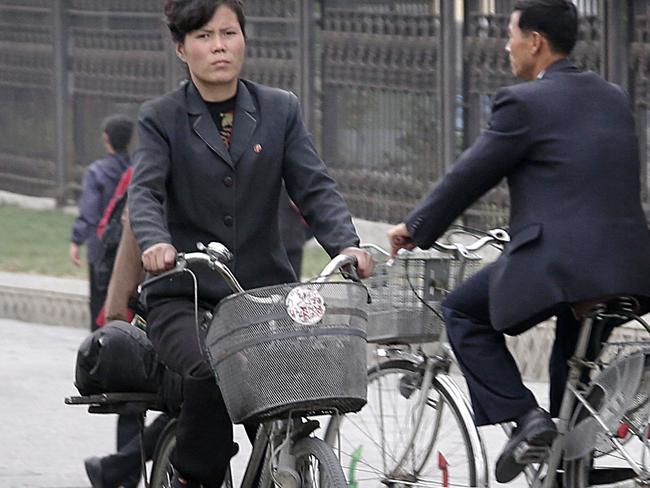
But while blocking out alternative voices is an important strategy for North Korea in sustaining its totalitarian regime, the world is creeping in. The rise of streaming TV means DVDs and players are now very cheap, and North Koreans often access films and television shows from the South that celebrate capitalism and pop culture.
The country has started inviting Westerners over to teach English for a month at a time, and various American and European offices are opening in the historically unwelcoming state, including a branch of global news agency Associated Press.
“There were moments where it felt like people were holding back,” said Carothers, saying one woman even tentatively asked what her life would be like in South Korea.
Carothers noted the “slow pace of socialist life” during his trip. “There’s not much to do. Women would dress in traditional clothing and wait all day at a war memorial for our one tour. You’d see people waiting sleepily in a shop, and they don’t try to advertise, it will just say, ‘Fish’.”
He observed awkwardness when he suggested North Korea was a poor country, as though people had never thought of themselves as badly off. They blamed any relative poverty on American sanctions. “They’ve heard about how horrible America is their whole life, they expressed very genuine anger and frustration,” said Carothers. “I got in some very real arguments.”
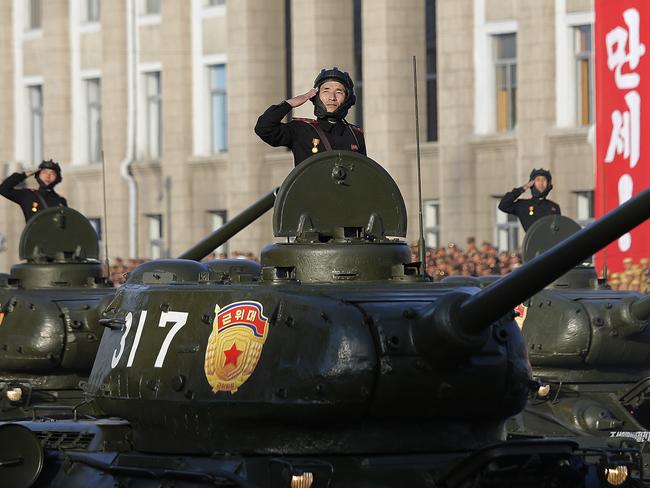
When the graduate raised the Western concept of race with Mr Han, the man was confused. He didn’t understand the idea that a person could be of a different ethnicity but the same race, as Italian and Germans are considered white, or Koreans and Japanese people are both Asian.
Their discussion ended on a bitter note. When Carothers said Kim Jong-un had threatened to turn his hometown into a sea of fire, Mr Han shouted, “He’s responding to all the horrible things America has done!” and shoved the American. “Do you like this? Don’t you have to respond to this? ... I know what is right and what you are doing is wrong. It’s wrong.”
When Carothers said defectors thought differently, he left, shaking. “That’s why your head is full of bad thoughts. Because you talk to bad people,” was his parting shot.
The Harvard graduate said he hoped Jong Ho, the military officer, Mr Han and everyone else he met would remember him when their world starts changing, as it is likely to do in the near future. “I will certainly never forget them.”
* Names changed to protect identities.
Email emma.reynolds@news.com.au or tweet @emmareyn and @newscomauHQ.


